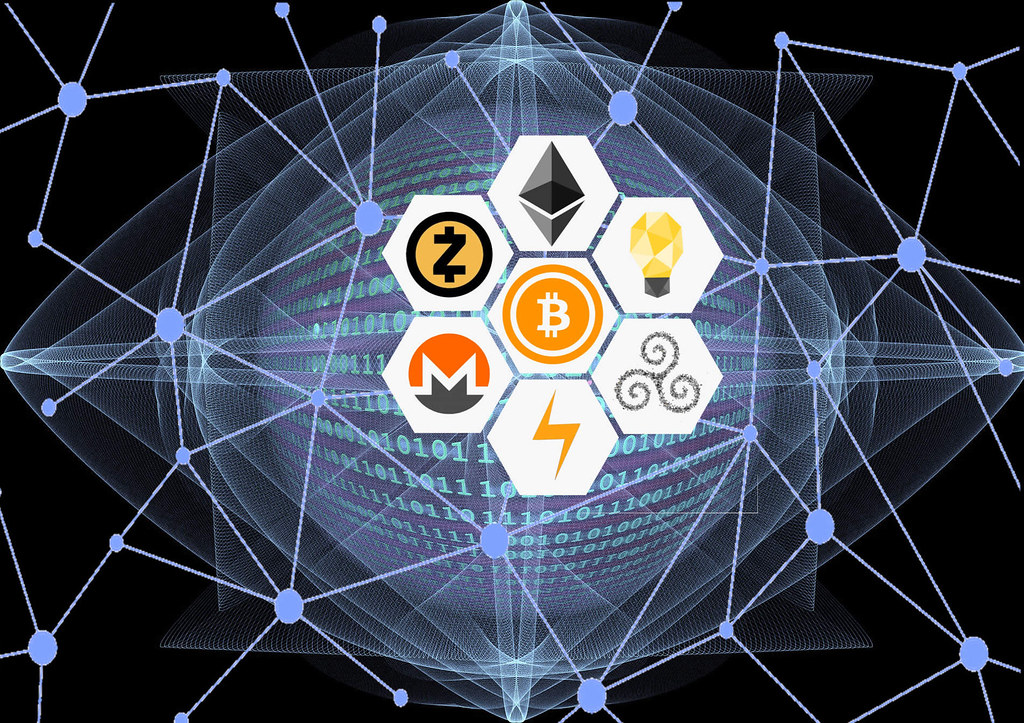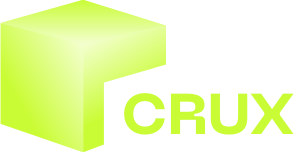
How to Get Started with Decentralized Finance: A Beginner’s Guide
- Cary
- March 24, 2023
- Blockchain
- Blockchain, Decentralized Finance, DeFi
- 0 Comments
Decentralized finance, commonly referred to as DeFi, is an innovative financial system that operates on a decentralized blockchain network. It eliminates the need for intermediaries like banks, insurance companies, and other financial institutions by allowing users to directly interact with financial services like lending, borrowing, trading, and investing.
DeFi is growing rapidly, with its market capitalization surpassing $100 billion in 2021. As a result, many people are interested in getting started with DeFi, but they do not know how to do so. In this article, we will explain how to get started with DeFi and the key steps involved.
Step 1: Research
The first step in getting started with DeFi is to conduct research. It is crucial to understand how DeFi works, the different types of DeFi platforms available, and their risks and benefits.
There are several resources available online, including blogs, forums, and social media platforms that can provide valuable information about DeFi. Some of the popular DeFi resources include Reddit, Twitter, Medium, and Discord. You can also consult DeFi experts or join a DeFi community to gain more insights into the ecosystem.
Step 2: Choose a Wallet
The next step in getting started with DeFi is to choose a wallet. A wallet is a digital tool that enables you to store, send, and receive cryptocurrencies and other digital assets. There are different types of wallets available, including software wallets, hardware wallets, and mobile wallets.
When choosing a wallet, you should consider its security, ease of use, and compatibility with the DeFi platform you want to use. Some of the popular wallets used for DeFi include MetaMask, Trust Wallet, Ledger, and Trezor.
Step 3: Purchase Cryptocurrency
After choosing a wallet, the next step is to purchase cryptocurrency. Most DeFi platforms operate on the Ethereum blockchain, so you will need to purchase Ether (ETH), the native cryptocurrency of Ethereum, to access the platforms.
You can purchase ETH from cryptocurrency exchanges like Coinbase, Binance, and Kraken, using fiat currency or other cryptocurrencies. You can also purchase ETH directly from other users on peer-to-peer marketplaces like LocalEthereum.
Step 4: Connect Your Wallet to a DeFi Platform
Once you have purchased ETH, the next step is to connect your wallet to a DeFi platform. There are several DeFi platforms available, each with its unique features and services. Some popular DeFi platforms are Aave,Uniswap, MakerDAO,and Compound,
To connect your wallet to a DeFi platform, you will need to use a Web3 browser extension like MetaMask, which allows you to interact with the Ethereum blockchain. Once you have installed MetaMask, you can connect it to the DeFi platform of your choice.
Step 5: Start Using DeFi Services
Once you have connected your wallet to a DeFi platform, you can start using DeFi services like lending, borrowing, trading, and investing. Each DeFi platform has its unique services, so you will need to explore the platform to understand how it works.
For instance, on Uniswap, you can trade cryptocurrencies directly with other users without the need for a centralized exchange. On Aave, you can lend or borrow cryptocurrencies at variable or fixed interest rates, while on Compound, you can earn interest on your cryptocurrencies by lending them to other users.
Step 6: Manage Your DeFi Portfolio
Finally, it is essential to manage your DeFi portfolio. DeFi is a highly volatile market, and its value can fluctuate significantly in a short period. It is crucial to monitor your portfolio regularly and adjust your investments accordingly.
Step 7: Understand the Risks
As with any investment, DeFi comes with its risks. It is important for you to understand the risks involved before investing your money. Some of the risks associated with DeFi include smart contract vulnerabilities, market volatility, liquidity risks, and regulatory risks.
One of the best ways to minimize the risks is to diversify your portfolio across different DeFi platforms and invest only what you can afford to lose. It is also advisable to do your due diligence and research the DeFi platform and the projects you want to invest in thoroughly.
Step 8: Keep Your Private Keys Secure
DeFi operates on a decentralized blockchain network, which means you are in full control of your funds. However, this also means that you are responsible for keeping your private keys secure. Private keys are digital codes that allow you to access and manage your funds.
It is crucial to keep your private keys secure to prevent unauthorized access and theft. You can store your private keys in a hardware wallet like Ledger or Trezor, or in a secure offline environment like a paper wallet.
Step 9: Stay Updated with DeFi News
DeFi is a rapidly evolving ecosystem, with new projects and developments emerging every day. It is crucial to stay updated with the latest news and trends in the DeFi space to make informed investment decisions.
You can stay updated with DeFi news by following DeFi influencers and experts on social media platforms like Twitter and Reddit, or by subscribing to DeFi newsletters like DeFi Pulse, The Defiant, and Bankless.
Step 10: Join a DeFi Community
Finally, joining a DeFi community can be an excellent way to learn more about DeFi and connect with like-minded individuals. DeFi communities are online groups of DeFi enthusiasts who discuss DeFi news, projects, and trends.
You can join DeFi communities on social media platforms like Discord, Telegram, and Reddit. These communities are a great way to learn from experienced DeFi investors and get insights into new investment opportunities.
Conclusion
Getting started with DeFi may seem overwhelming at first, but it is a straightforward process that can be broken down into several steps. Conducting research, choosing a wallet, purchasing cryptocurrency, connecting your wallet to a DeFi platform, and using DeFi services are the key steps involved.
It is essential to understand the risks involved, keep your private keys secure, stay updated with DeFi news, and join a DeFi community to make informed investment decisions and navigate the complex DeFi ecosystem successfully.


